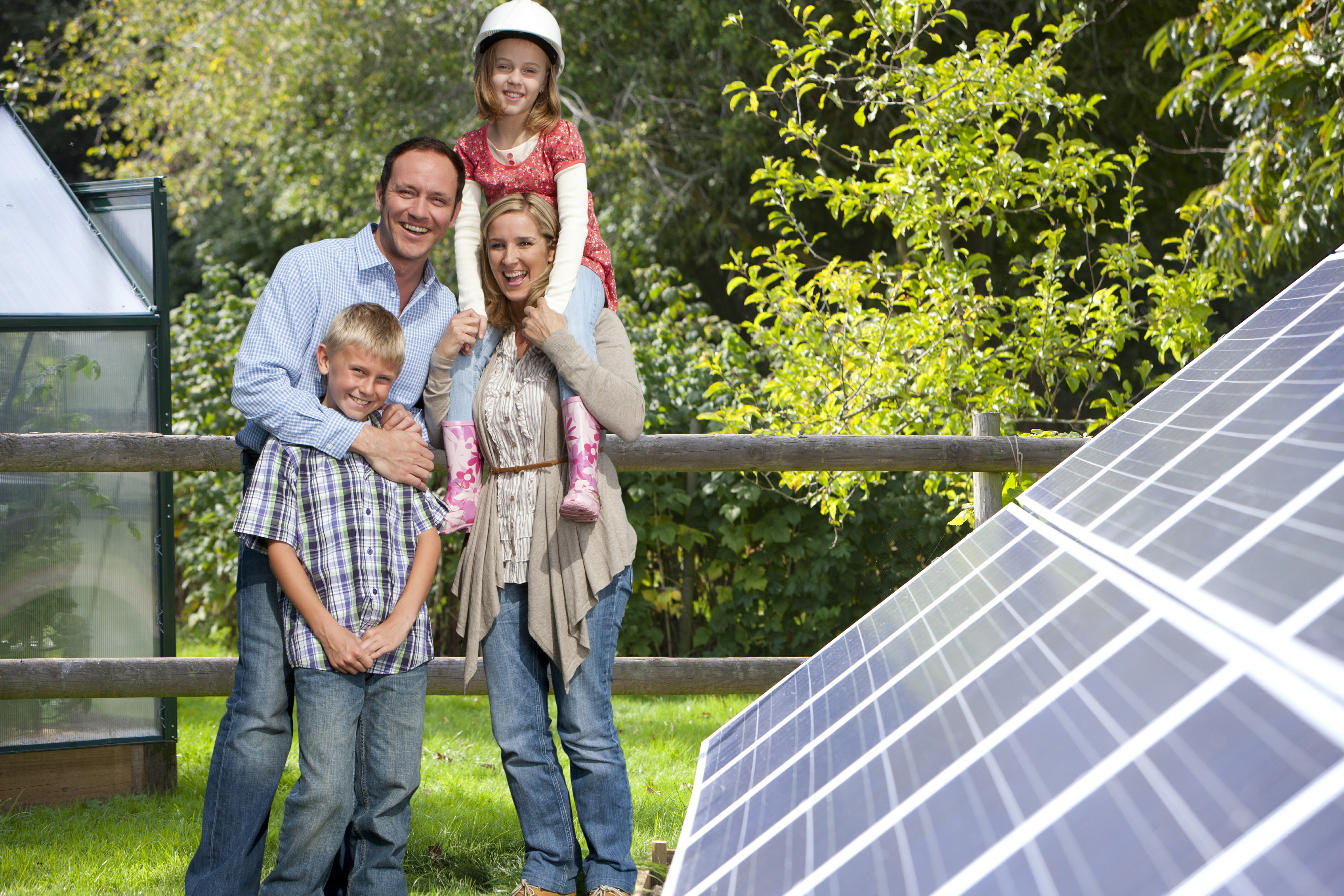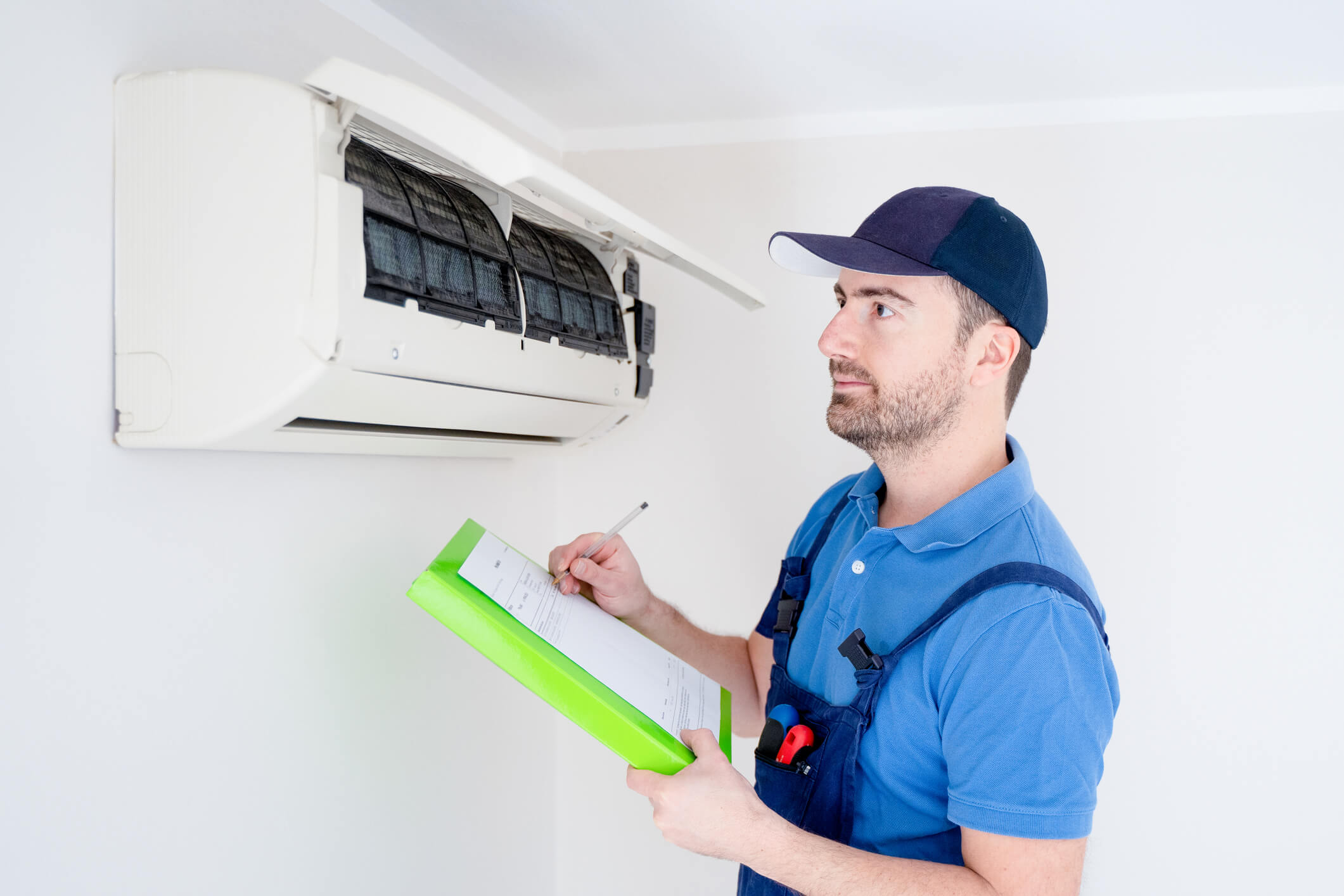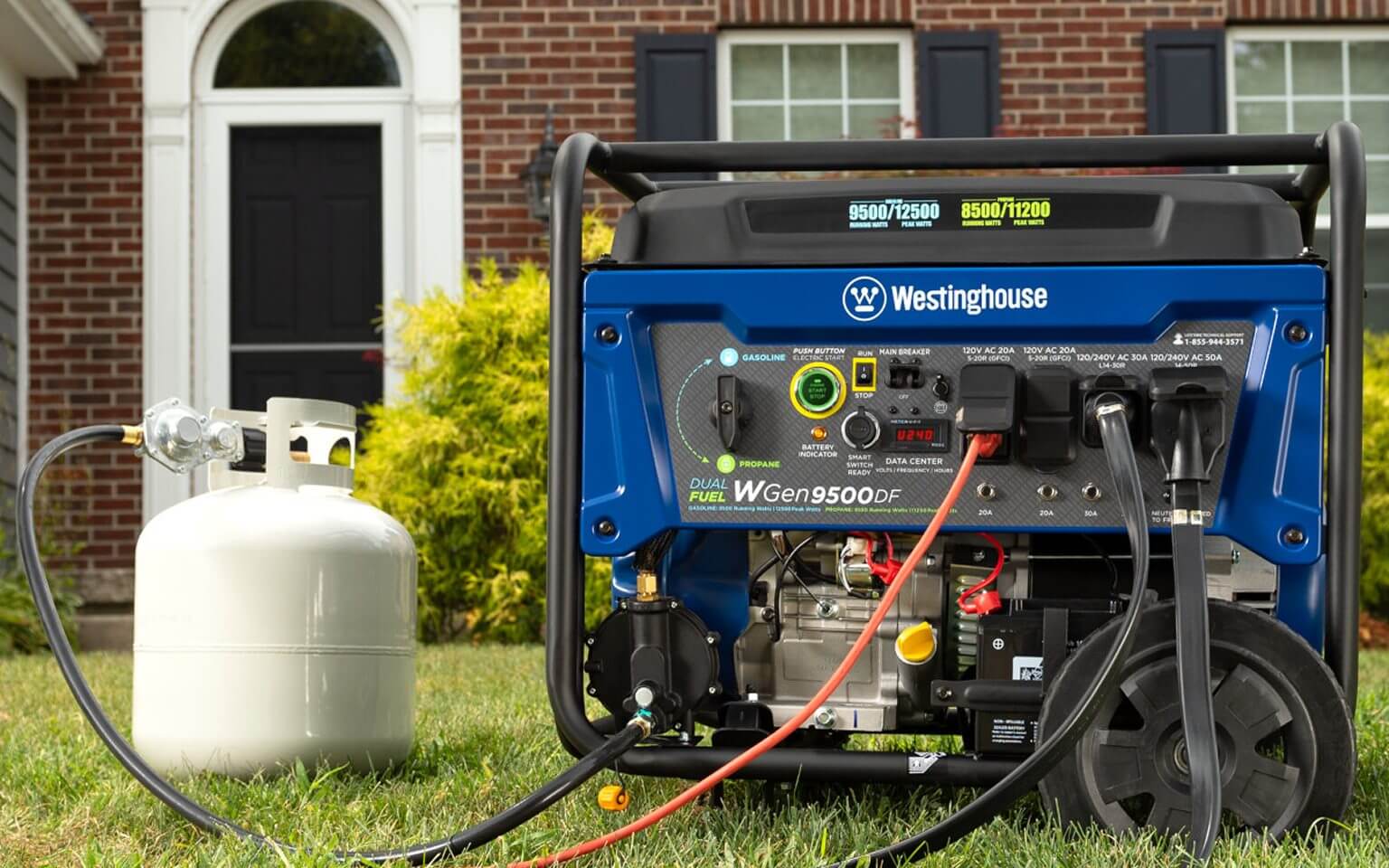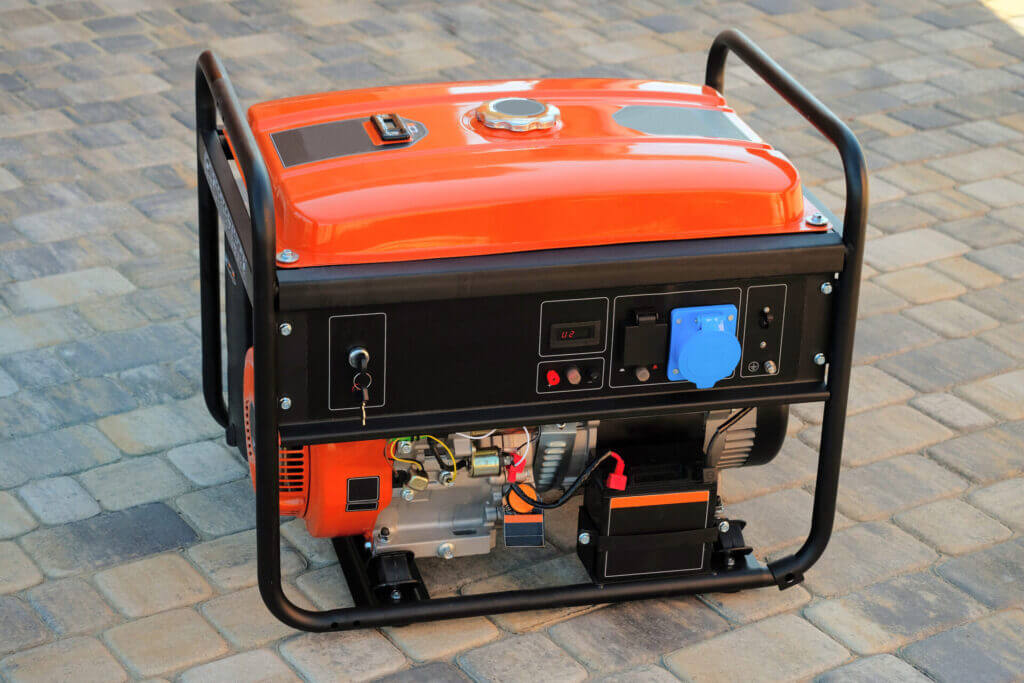Are you doing a solar project?
Modernize can pair you with three to four pros in your area, so you can compare options and save time and money.
Installing solar panels is a big investment, even with tax incentives to ease the financial strain. Because of the investment— and their constant exposure to the elements— solar panels need to be able to withstand extreme temperatures, from the blistering hot summers of Arizona, to the bitter cold winters of upstate New York. But how long will a solar panel provide energy for your home, and what is a typical solar panel lifespan? It depends on the type of solar panel installed, and the quality of crystalline the manufacturer uses.
For example, crystalline solar panels, either mono- or polycrystalline, typically lose about half a percentage of efficiency per year, which is known as the rate of degradation. The good news is that the rate of degradation is decreasing as technology improves. Most likely, the solar panels your contractor installs will be made using crystalline silicon, simply because it is well suited for residential needs. However, if you opt for thin-film solar panels for their flexibility, be aware that their lifespan is known for being shorter than that of a crystalline solar panel by about five to ten years.
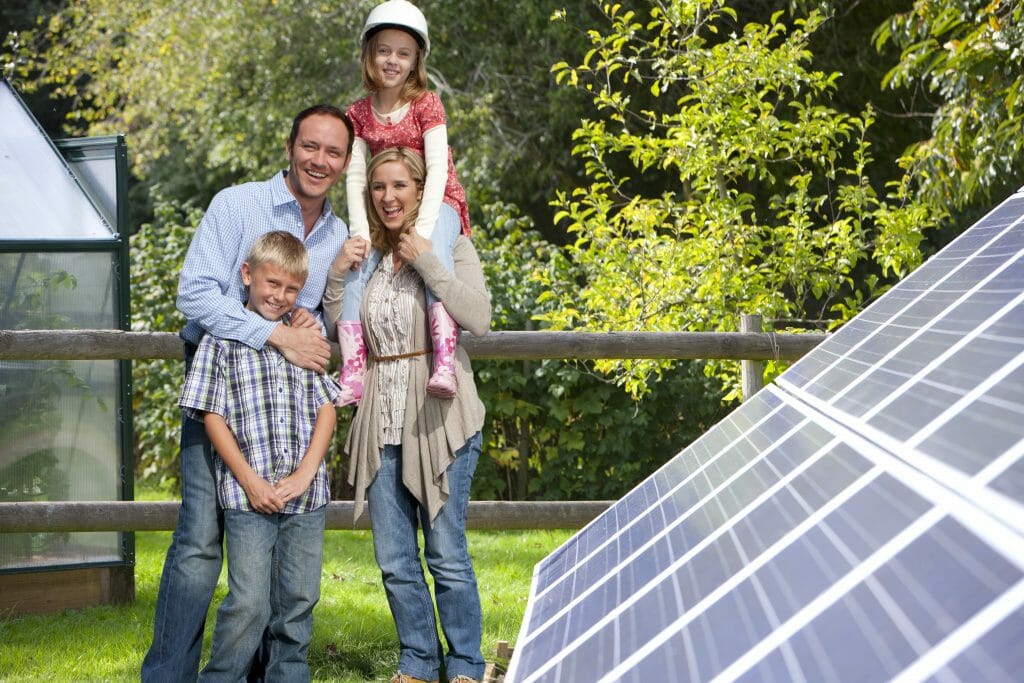
What is a solar panel’s life expectancy?
When solar panels are first installed, you may notice the sharpest decline in efficiency in the beginning of their life. Even high-quality solar panels will drop to about 90% efficiency over time. However, as time goes on, the efficiency will level out. At no point of the solar should efficiency drop below 80%. Depending on the size of your solar project, and the type of solar panel installed, you can expect between 20-30 years of life from your solar panels. A trusted solar panel manufacturer guarantees their products, sometimes for up to 25 years! Make sure you know about any warranties or guarantees before you decide which solar panels you want to install.
Of course, a solar panel’s efficiency and energy conversion rate can depend on several weather-related factors. When reviewing the manufacturer’s warranty, pay attention to any mention of extreme weather or natural disasters if your area experiences them. Other factors that play a role in the efficiency of your solar panels are:
- Average temperature
- Average humidity
- Prolonged winds that can scatter debris across solar panels, creating minute scratches
- Hours of direct sunlight in your area
Working with a local certified solar panel contractor is the best way to learn about high quality solar panels that can produce the energy your home requires. They can also foresee any potential problems related to your installation site. For example, if they think high winds will be an issue, your contractor may be able to build a small wall or structure that will block the wind while having little impact on the amount of direct sunlight your house receives.
Find the Right Contractor for Your Solar Project
Whether you’re ready to begin your project now or need some expert advice, our network of contractors are here to help. With a few simple questions, we’ll find the best local professionals for you
What happens to solar panel efficiency after 25 or 30 years?
There isn’t a lot of data yet to know what happens to solar panels after 25 years of use, because solar technology has been improving so rapidly—solar panels that were manufactured in 2000 are still operating efficiently, with less than a 1% rate of degradation. The same can also be said for thin-film solar panels. With 16 years of significant technological improvements, it’s easy to imagine that high-quality solar panels may outlive—and outperform—their warranties. Another bonus of this potentially extended lifespan is you will save more money in the long run, because the solar panels are still keeping your electricity bill low.
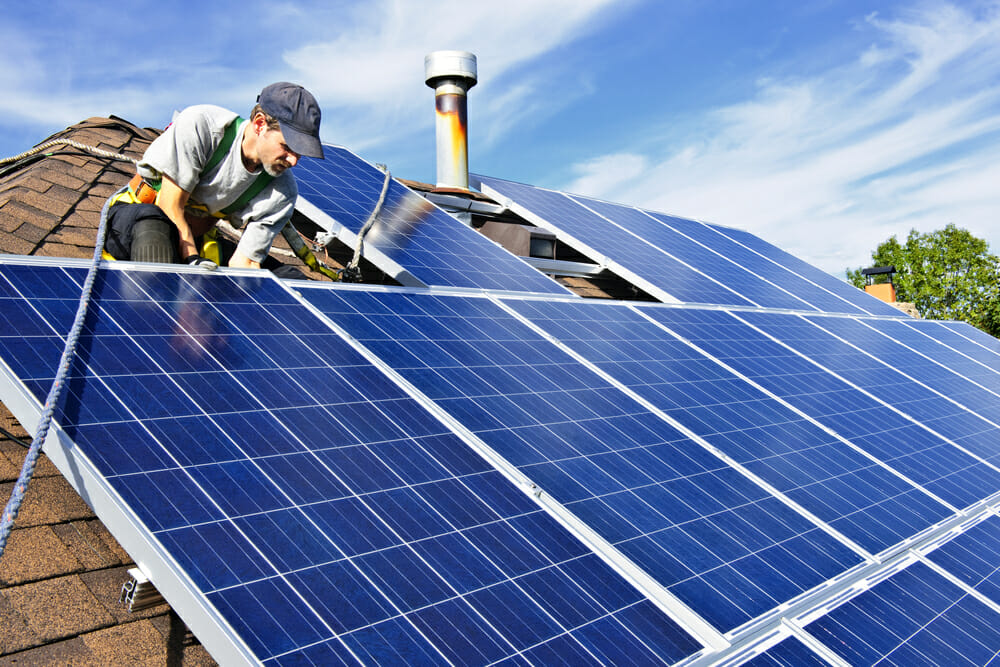
Increasing efficiency of solar panels
While you can’t necessarily make your solar panels more efficient after they have been installed, don’t give up hope. There are a number of things you can do to make sure your solar panels are as efficient as possible when they are installed, and several things you can do to extend their lifespan.
- Make sure they receive as much direct sunlight as possible.
- If your solar panels are going to be fixed solar panels—instead of tracking the sun’s path—make sure you know the ideal pitch to have them installed. Using the latitude of your home’s location is an ideal starting pitch.
- After your solar panels are installed, take care to clean them regularly and keep up with required maintenance. This includes keeping dust and debris off, as well as wiping off any snowfall during the winter months.
- Keep an eye out for any potential threats to the integrity of your solar panels. For example, loose branches can scratch the solar panels—which decreases their efficiency—and standing water may seep into the solar panels and short circuit them.
Solar panels are built to weather most climates for at least 20 years, and that is with the most basic amount of care and maintenance. If you are proactive in finding the best solar panels for your home, and keep up with all maintenance, you will be surprised at the long lifespan of your solar panels.
Find the Right Contractor for Your Solar Project
Whether you’re ready to begin your project now or need some expert advice, our network of contractors are here to help. With a few simple questions, we’ll find the best local professionals for you
Reviews from Real Homeowners
Welcome to Homeowner Resources! We are the Modernize blog. Modernize pairs more than 3 million homeowners a year with pre-vetted contractors in their area. This blog started because we believe homeowners should know everything about their homes, from how their HVAC works to which front door colors they might love. On Homeowner Resources, you can find information on every part of your home, right down to how you can negotiate with contractors to get the best price. Here's more about the blog.
Need a contractor? Learn more about how Modernize finds the right pro for you.
